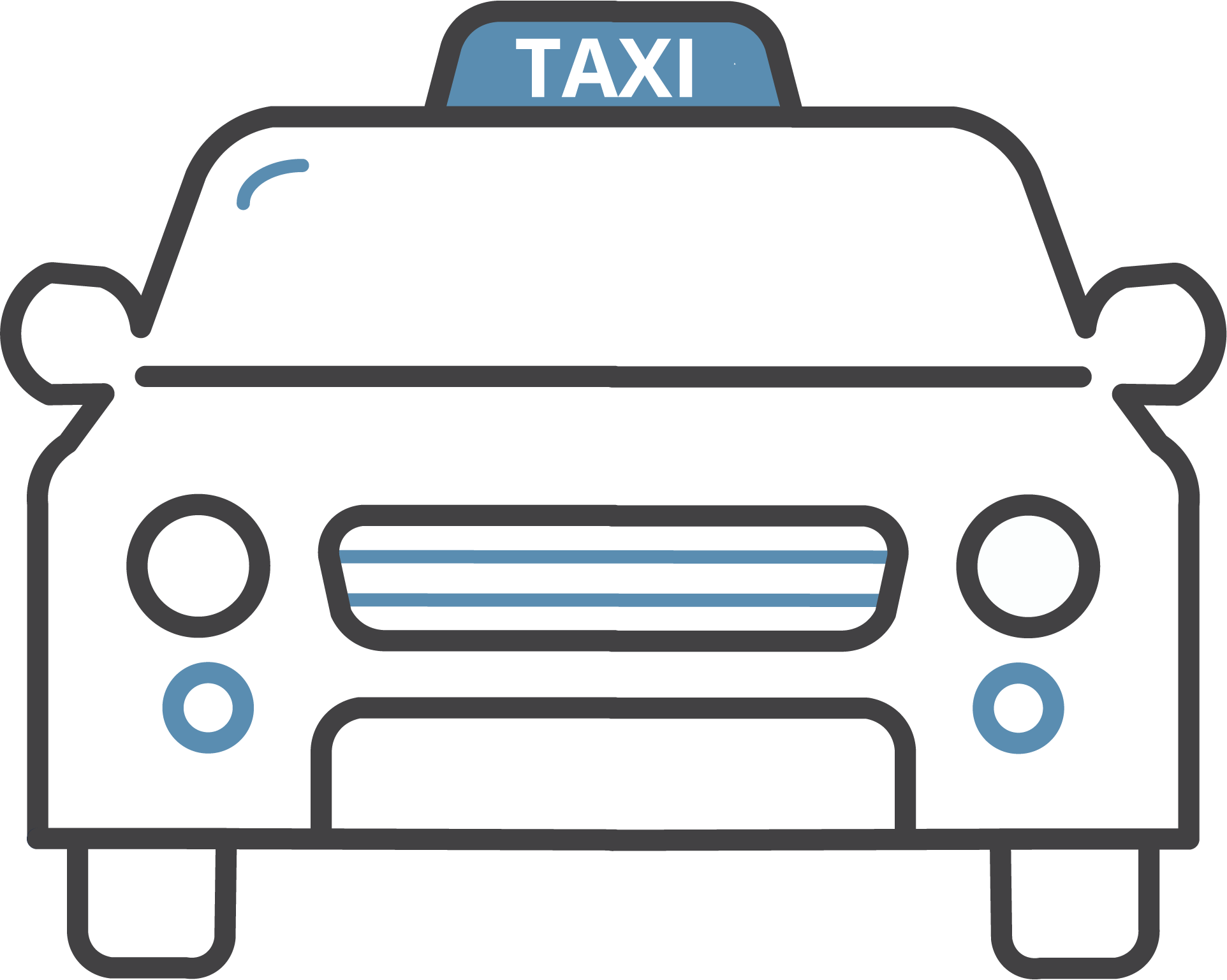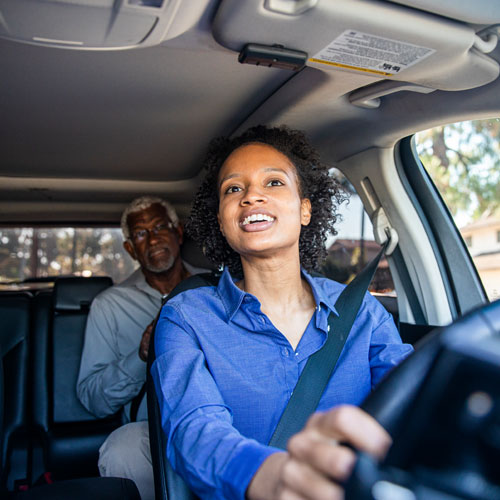What is Mobility as a Service (MaaS)?
Recently identified by Peter Altmann (Vice President of Mobility & Travel Protection at Amadeus) in Business Travel News Europe as one of the top five trends shaping the mobility market, Mobility as a Service (MaaS) is a concept that seeks to consolidate various modes of transportation into one user-centric service.
At its core, MaaS integrates different modes of transport, such as buses, trains, rideshares, bikes, and even taxis, into a single platform or application. This allows users to plan, book, and pay for their journeys using a single interface, eliminating the need to juggle between multiple apps or payment methods.
In a world where connectivity and convenience are paramount, MaaS strives to simplify the travel experience – particularly relevant in urban environments where congestion and pollution are significant challenges.
In this article, we delve into the benefits of MaaS, and how both individuals and businesses stand to gain from embracing the innovation.
Why Use MaaS?

SEAMLESS TRAVEL
MaaS platforms provide users with a one-stop-shop for all their transportation needs. Users can effortlessly navigate a variety of transport options, making travel planning more efficient and enjoyable.

CONGESTION REDUCTION
By offering a range of transportation modes that can be easily combined, MaaS helps distribute the load on various modes of transit more evenly. This can lead to reduced traffic congestion, especially during peak hours.

ENVIRONMENTAL SUSTAINABILITY
MaaS promotes the use of greener modes of transportation with options such as ride sharing and cycle schemes. This contributes to a decrease in carbon emissions and overall environmental impact.

COST EFFICIENCY
MaaS often offers flexible payment models, allowing users to pay for their trips as they go. This flexibility can result in cost savings for frequent travellers and encourage more people to opt for sustainable alternatives.

DATA-DRIVEN INSIGHTS
MaaS platforms collect data from various transportation sources, providing valuable insights into travel patterns. This data can be leveraged to optimise transportation networks, plan upgrades, and enhance the travel experience.

ACCESSIBILITY & INCLUSIVITY
MaaS can make transportation more accessible for people with disabilities and limited mobility. By offering information on accessible routes and vehicles, it contributes to creating a more inclusive transportation system.
How You Can Benefit from MaaS

Effortless Planning
With MaaS, individuals can effortlessly plan their journeys using a single application. The hassle of checking different schedules, routes, and modes of transport is eliminated, making travel planning smoother.

Time Savings
By providing real-time updates on transportation options and routes, MaaS can help individuals save valuable time that would otherwise be spent waiting for connections or stuck in traffic. Plus, with access to extensive travel data, businesses can optimise office locations, working hours, and other operational aspects.

Cost Savings
MaaS platforms often offer cost-effective options for combining different modes of transport. Users can avoid the expenses associated with private car ownership, such as fuel, maintenance, and parking fees. In fact, companies situated in urban centers often face higher parking costs. By encouraging employees to use MaaS, businesses can drastically reduce parking demand and associated expenses.

Personalised Travel
MaaS platforms can tailor travel recommendations based on individual preferences, making each journey more comfortable and tailored to the traveller’s needs. Businesses can also adopt MaaS to offer their employees comprehensive transportation solutions. This can include subsidising public transport passes, rideshare credits, or bike-sharing memberships.

Environmental Conciousness
Individuals can contribute to environmental sustainability by opting for eco-friendly modes of transport suggested by the MaaS platform, thus reducing their carbon footprint. This applies to businesses too. By taking proactive steps towards reducing the environmental impact of travel, companies stand to gain a greener reputation and attract environmentally-conscious customers and partners.
In Conclusion
Mobility as a Service (MaaS) is poised to transform the way we think about transportation, offering a seamless and interconnected approach to mobility that benefits individuals, businesses, and the environment alike.
As technology continues to advance and urbanisation accelerates, MaaS provides a powerful solution to the challenges of congestion, pollution, and inefficient travel planning. By embracing MaaS, we can pave the way for a more sustainable and accessible future of transportation.
Related Articles
Top Insights from the ITM Trending Event 2025
The Institute of Travel Management (ITM) have released their 2025 Trending report which explores the priorities and expectations of business travel buyers and suppliers for the year ahead. In this article, we take a look at the key takeaways from the report and find out how they might shape the future of the industry over the next 12 months.
A Day in the Life of a Data Science Engineer
With a career in Data Science that started in the supply chain industry and blossomed in the world of business travel, Karan Pandya knows a thing or two about the technical intelligence behind great companies. From researching new technology to solving global business problems with the power of data, Karan has a genuine passion for Data Science and a love for all things machine learning and AI. In this article, we chat with Karan about his day-to-day responsibilities as a Data Science Engineer at Gray Dawes Travel, his ultimate career highlights, and what it takes to work in Data Science.
Sports Ask the Experts Ep.01: How to Create a Sustainable Sports Travel Programme
Want to learn how your organisation can build a greener sports travel programme? Watch our Head of Sports Operations, Jonathan Hutton, and special guest Josh Rudd, Diversity, Inclusion, and Social Responsibility Manager at Aquatics GB, discuss the important questions surrounding sustainability in sports travel in episode 1 of our Ask the Experts webinar.



